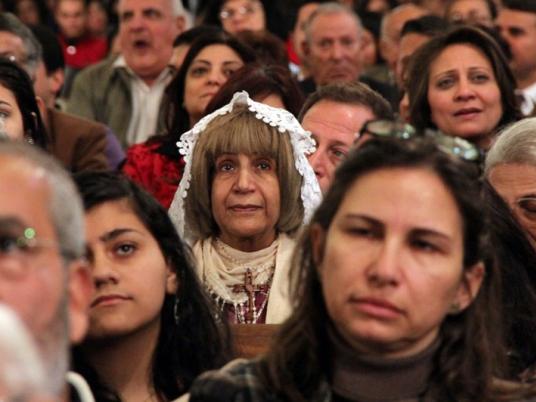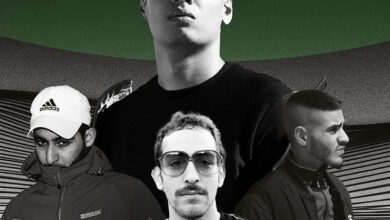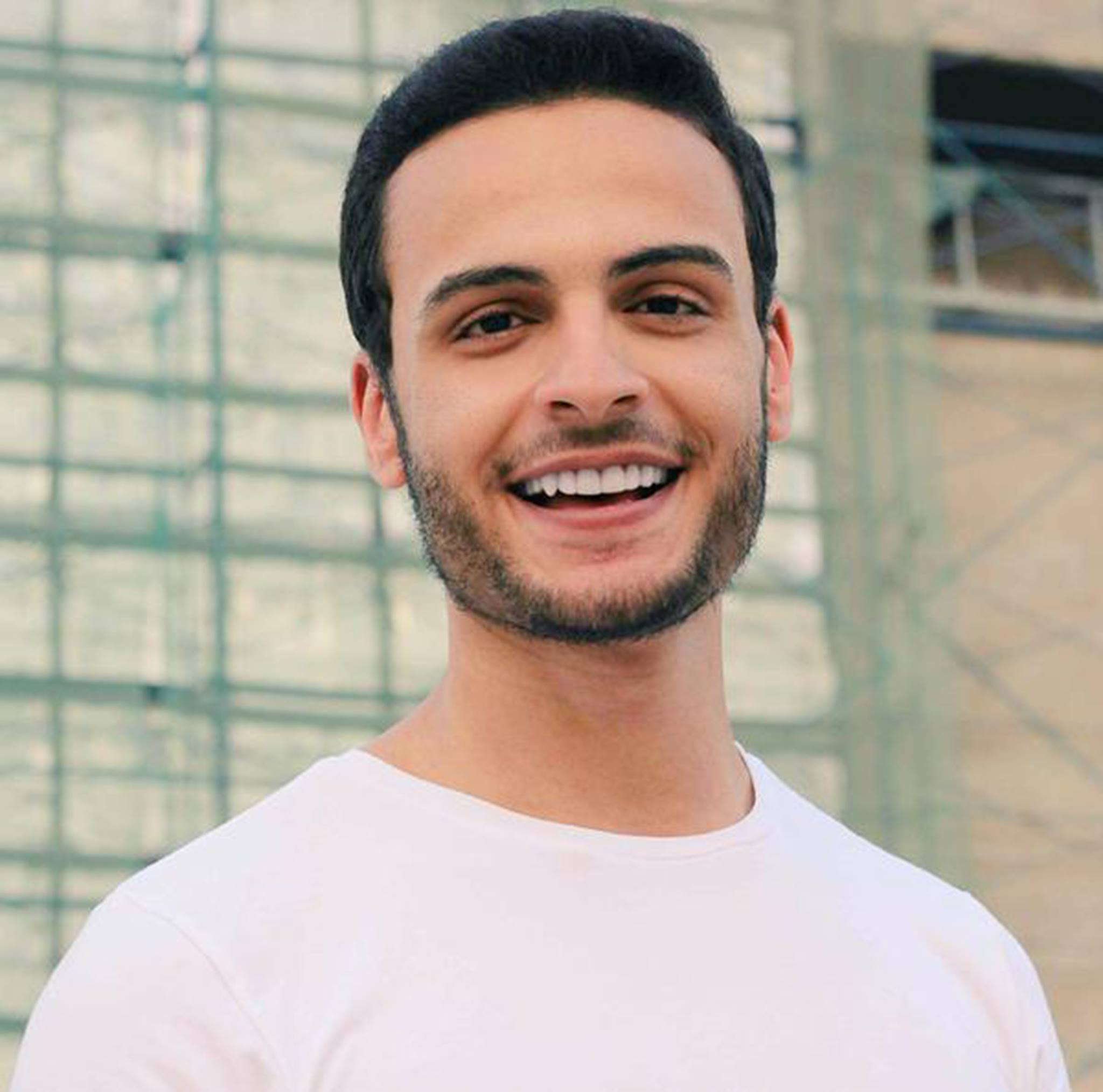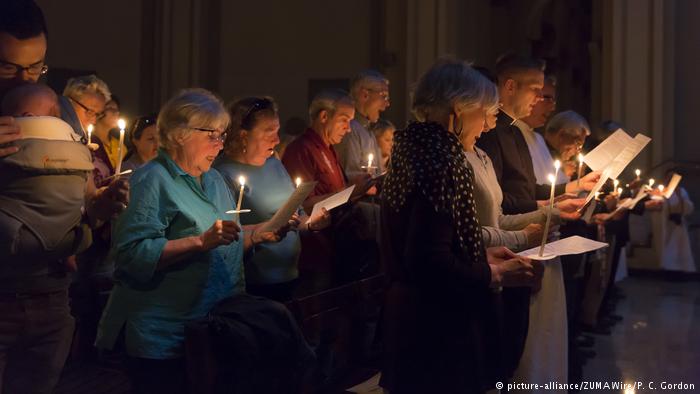
In a religious country such as Egypt, despite atheism being a taboo highly frowned upon, atheists say their numbers are on the rise. But with any new movement taking hold, a cultural backlash is bound to ensue.
In an attempt to understand the tribulation faced by Egypt’s atheists, Egypt Independent met with 15 atheists, mostly in their 20s, at a café in downtown Cairo.
“Atheists are all around Egypt,” said Othman Othman, pointing to a group of young people sitting at the table next to us.
The number of atheists in Egypt is not less than three million, Othman claimed, but they do not label themselves “atheists” as society would disown them.
Those who have come out publicly as atheists have been not only isolated by their friends and families, but also society in general. However, others who turn down their familial religion have faced many worse trials than mere isolation.
Asmaa Omar, 24, who has just graduated from the Faculty of Engineering, said that once she revealed her beliefs to her family, they began to physically and mentally torture her. Her father slapped her in the face and broke her jaw. She was not able to eat properly for seven months.
Both her immediate and extended families began to insult her. “You just want to have free relations with boys,” they would say, or “You used to be the best girl in the family,” and “Now you’re a prostitute.”
By now, she said, most of her friends have cut their ties with her and other girls no longer speak to her after she took off her veil.
Milad Suliman, or better known as Evan, was fired from his company over his beliefs. His boss confronted him with the ideas he shared on his Facebook page and told him the company could not have an atheist among its employees.
His family was not happy either. They told him his ideas were shameful and this was the reason their home was no longer blessed.
Another atheist, Sarah al-Kamel, 24, fears this very isolation, thus has chosen not tell her family of her beliefs after her newly adopted ideas created a wedge between her and her friends.
Despite the risks of coming out, many atheists I spoke to claim their numbers have slowly been on the rise following the 25 January Revolution. The rise in atheism could be seen as a by-product of the revolution pushing the boundaries of commonly-held belief systems and breaking down previous political, social and religious restrictions.
While there is no official census of atheists in Egypt, some put their number at more than four million, while others say they are around two million.
What draws attention when speaking to the atheists I have met, is that most of them are no older than their 20s, except for one who became an atheist as a young man, but is now over 40. Being young and atheist can be particularly difficult, especially those currently financially dependent on their families, for fear that revealing their true beliefs will cause them to be alienated and financially cut off from their parents.
Each person has a unique story, and a journey from confusion to certainty. Some define themselves as atheists, others as agnostics, nontheistics, antitheists and religion skeptics, while some would not have an exact definition.
Though they come from various backgrounds and religions, for some atheists, the spread of the religious trend in Egypt has pushed many people in the opposite direction, after failing to answer pressing questions they have harbored since a young age.
Kamel says that her doubt in religion began to rise when she asked her mother a few questions related to religion and the mother replied with a verse from the Quran saying, “Do not ask about things which, if they are shown to you, will distress you.”
For Kamel, this was the beginning of an internal conflict, which resulted into her siding with what she found more logical. The conflict had reached its peak after the 25 January Revolution.
Ayman Ramzy Nakhla, 42, comes from a Protestant background. He worked in preaching Christianity with the church, but then decided to abandon religion altogether. He is now not very much concerned with knowing if God really exists or not.
Nakhla’s father was a priest, and Nakha worked for ten years as librarian in the Theology College of the Evangelical Church, and as an assistant to a priest, which is an administrative position. Ramzy says that this background was the one that actually led him to lose interest in religion, getting so close to the truth of the Church made him decide to leave it.
Evan comes from an Orthodox family and is active among atheists. He is not embarrassed to openly express his thoughts.
Evan believes prophets might be just reformers, but cannot be sent by God. Bringing holiness to their followers is linked to the impact, influence and financial outcome, that they achieve through worshippers whether at the church or the mosque.
In fact, many atheists I spoke to, argued atheism was the logical choice after weighing it against the logic of religion. They say they do not seek to impose their point of view on society, nor involve themselves in any attempts to preach their beliefs, which they said they have reached through long journeys of reflection, comparison and analysis.
Othman, who first started considering atheism at the age of 16 after reading a blog written by young Palestinian man, thinks that religions rely on illogical myths. “How would an animal ascend to the sky? And how would a prophet live for 900 years?” he wondered.
Othman believes that religions are based on exaggeration, especially on what are called “miracles,” which are something against logic and reason.
Othman also finds the books compiling Prophet Mohamed Hadiths to contain some illogical ones, which he thinks would drive anyone to certain atheism. The writer of one of the most refined Hadith book, Bukhari, comes from a non-Arabic background and has written his book over 150 years after the death of Prophet Mohamed, which makes Othman wonder about the originality of the Hadiths in his books.
Kamel thinks believing in God is an absurd idea, wondering how would he would create children in Africa who have no access to food or water, in addition to the injustice of the world and the millions killed in wars.
Kamel argued that if God really has a plan for everyone’s lives, then her opinion was never her decision to make in the first place. God simply would have made her life part of “His plan,” which makes it unfair to hold her accountable for what she had no say in. She said if this were true, life would be like being a robot made and run by someone else. If this robot came to life, it would be unfair to hold it responsible for choices that were made for it.
She also questions the afterlife, because if there was nothing before life then there will be nothing after. “If life is a test, then it is just torture, and turning to God in that case would just be a sedative, and would get to nothing,” she said.
Other atheists say they believe atheism is in fact more moral than the old, rigid moral codes offered by traditional religions.
Omar says her journey began when prominent cardiologist Madgy Yaqoub managed to treat a two-year old relative of hers in open heart surgery. Rahman, the child, had a valve that did not work and another with malformation.
The successful operation led Omar to wonder how a man such as the doctor, who had lived his life saving many children like Rahma, could be thrown to hell for not being a Muslim. Omar found that religions just chose its followers to end up in heaven, and say that other people would go to hell, regardless for whatever good deeds they do in their life.
Omar says she believes in God, but is against all religions. She says she is still looking for Him and is not aware of His truth.
She also believes that religions defy women, and made all of a woman’s body a sin to shown, which makes it against religion for a woman to look and feel feminine. “I dropped that religion because it was trying to defy who I was made,” Omar says.
Omar adds that Islam is not fair to women. She tells her own experience when her father received part of the fortune his brother left when he died, because the brother only left female offspring. She says her father inherited this fortune instead of his nieces because they are females, and all in the name of religion.
She also despises religions for not complying with human rights, in addition to taking away the right to have sexual intercourse, and abolishing the rights of homosexuals. “If God created these instincts, then why would these restrictions be made in the name of religion?” Omar wondered. “Is the goal to torture humans?”
Othman rejected religion because he saw it as a reason behind killing people, since thousands of people died over the history in religion-driven wars. Meanwhile, he says, atheists have never took part in such wars.
Nakhla believes that the restrictions of freedom are far harder than chaos, and that freedom demanded by atheists is only an expression of maturity. He rejected the link between religious freedom and chaos. He sees his freedom as an internal commitment, stronger than any external constraints imposed on behalf of society or traditions.
Another link many atheists have is they often have a high regard for science and furthering mankind. Nakhla calls himself a “humanist” and is plans to donate his body to a medical school after his death to benefit science and help cure others. He sees this as a better use of his body rather than being eaten by worms.
Kamel links between her readings in geology, cosmology and the theory of evolution in particular, and her rejection of religions, which she describes as human-made and have no sanctity.
Some atheists, however, still feel without religion, they are missing something. Despite her rejection of religion, Kamel still misses the spiritual side, resorting to Sufism as she attends Sufis meetings and listen to sufi music, especially those of al-Naqshbandi and Nasr Eddin Tobar. She also enjoys listening to Christian hymns and is massively affected by them. She says, however, that this is just a need for spirituality, nothing more.
Kamel goes back to saying that she has not yet reached a final result for her inner conflict.
When asked about doomsday and being held accountable for one’s deeds before God, Kamel said she would ask the same question to God.




